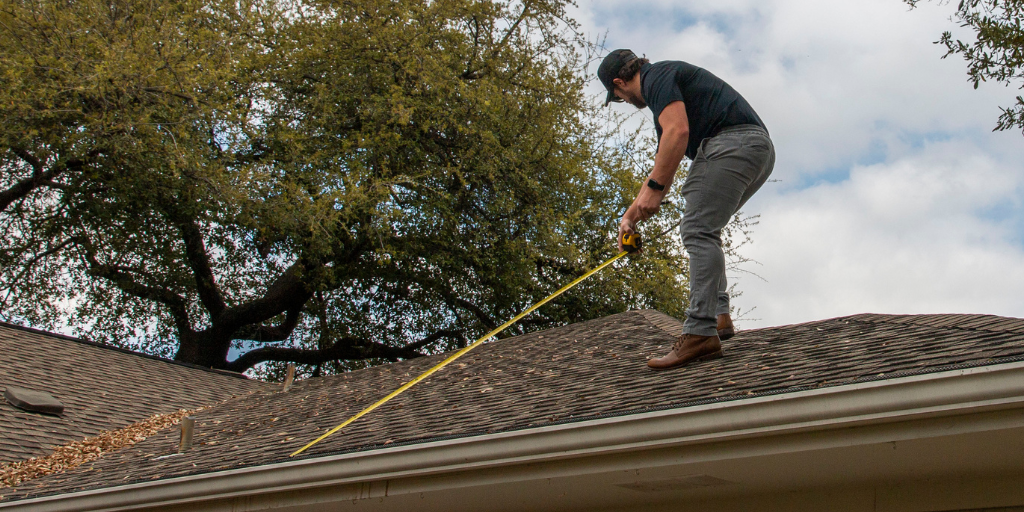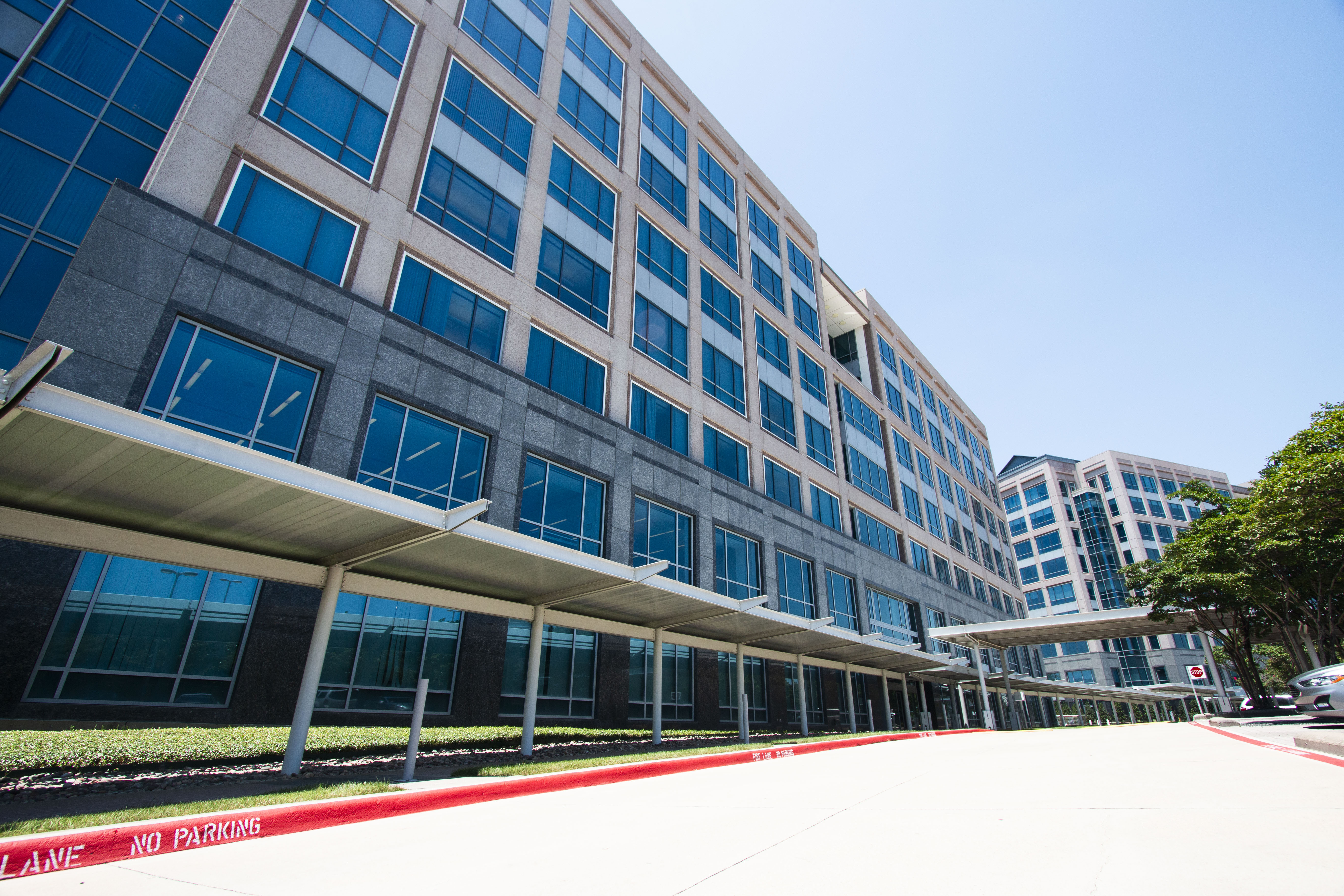SecondLook: Pioneering Accurate Mitigation Exposure for Over a Decade
Wardlaw Claims Service is proud to celebrate over a decade of SecondLook, our Mitigation Invoice Audit service designed to uphold precision and...
3 min read
 Wardlaw
Jul 19, 2024 11:57:14 AM
Wardlaw
Jul 19, 2024 11:57:14 AM

In the world of insurance claims, effective communication is the cornerstone of success. As claims professionals, our ability to convey information, empathize with policyholders, and maintain transparency throughout the process can make or break the customer experience. At Wardlaw Claims Service, we understand that building trust with policyholders is essential for fostering positive relationships and ensuring customer satisfaction. In this blog, we'll explore key strategies and tips for claims professionals to enhance their communication skills and build lasting trust with policyholders.
Active listening is a crucial skill for claims adjusters. It involves fully concentrating on what the policyholder is saying, understanding their concerns, and responding thoughtfully. To practice active listening:
Demonstrating that you truly hear and understand their concerns lays the groundwork for a trusting relationship.
Insurance terminology can be confusing for policyholders. As claims professionals, it's our responsibility to break down complex concepts into easily digestible information. When communicating with policyholders:
By making the claims process more accessible, we empower policyholders and reduce their stress and confusion.
Claims often arise from stressful or traumatic events. Demonstrating empathy and emotional intelligence can go a long way in building trust with policyholders. To show empathy:
Remember, a little compassion can significantly affect how policyholders perceive the claims process, IA firm or insurance company.
One of the most common complaints in the claims process is a lack of communication. Proactive communication can alleviate policyholder anxiety and demonstrate your commitment to their claim resolution. To stay proactive:
Keeping policyholders in the loop builds trust and reduces the likelihood of misunderstandings or frustrations.
Transparency is critical to establishing trust with policyholders. Being honest about the claims process, potential outcomes, and any challenges that may arise demonstrates integrity and professionalism. To maintain transparency:
Even when delivering difficult news, be honest, clear, factual and empathetic.
In our diverse society, claims professionals must be culturally sensitive and inclusive in their communications. This approach ensures that all policyholders feel respected and understood. To practice cultural sensitivity:
We create a more inclusive and trusting environment for all policyholders by demonstrating respect for diversity.
Proper documentation and consistent follow-up are essential for effective communication in claims handling. These practices help prevent misunderstandings and provide a clear record of the claims process. To improve documentation and follow-up:
Good documentation practices protect the policyholder and the claims professional, fostering a relationship built on accountability and trust.
Claims professionals can build strong, trusting relationships with policyholders by implementing these strategies – active listening, clear language, empathy, proactive communication, transparency, cultural sensitivity, proper documentation, and continuous improvement. We believe that investing in these communication skills improves policyholders' claims experience and enhances the reputation and success of insurance carriers and claims adjusters.
Remember, every interaction with a policyholder is an opportunity to demonstrate your commitment to their well-being and the integrity of the claims process. By prioritizing effective communication, we can transform challenging situations into positive experiences, fostering long-term trust and satisfaction among policyholders.

Wardlaw Claims Service is proud to celebrate over a decade of SecondLook, our Mitigation Invoice Audit service designed to uphold precision and...

Wardlaw Claims Service is excited to announce the opening of its new Dallas office located at 6021 Connection Drive, Suite 610 in Irving, Texas. The...

In the evolving claims management landscape, leading insurance carriers are discovering that the fully remote work model for desk adjusters isn't...